The principle of peak selection is described, by which local interactions and smooth gradients drive self-organization of discrete global modules.
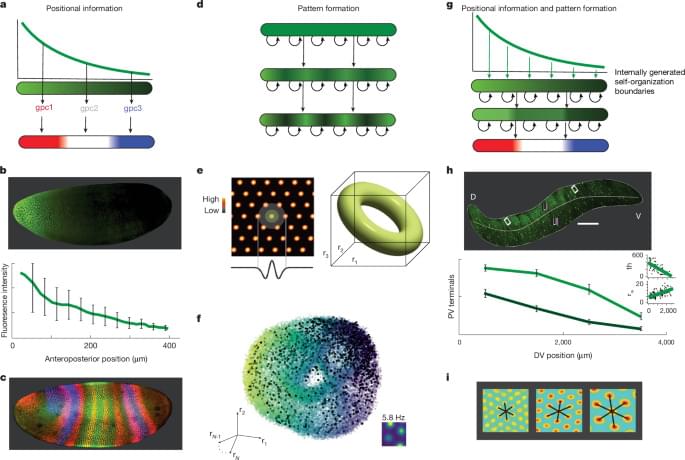

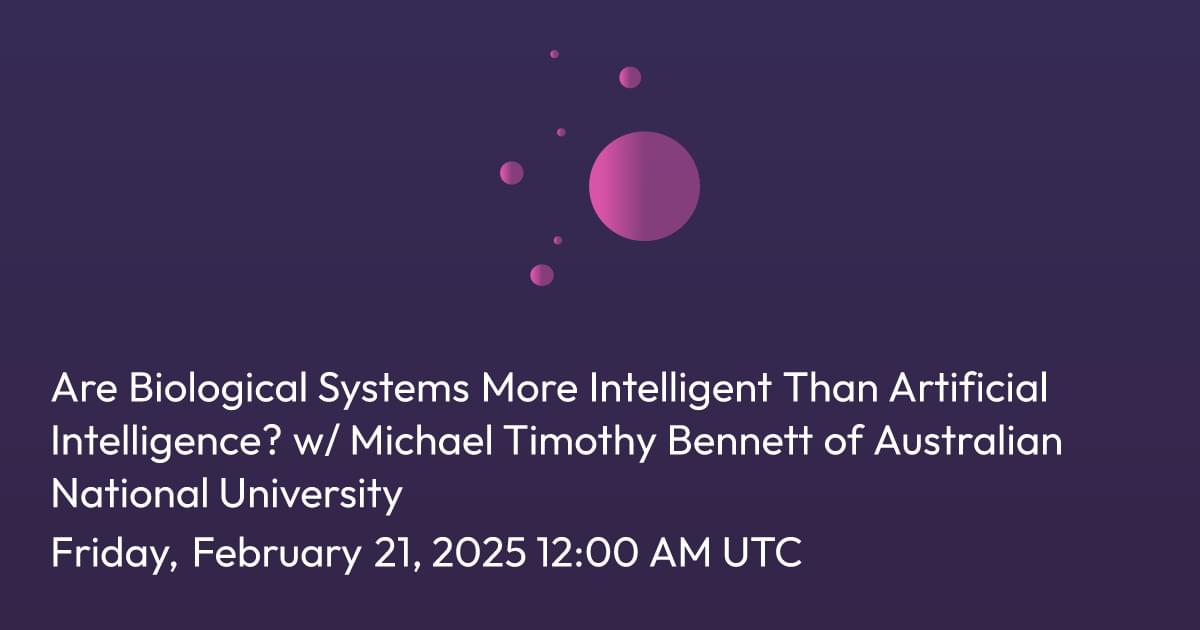
W/ michael timothy bennett australian national university.
Speakers: Michael Timothy Bennett, Cecile Tamura
When discussing motors, most people think of those in vehicles or machines. However, biological motors have existed for millions of years in microorganisms. Many bacteria use tail-like structures called flagella, which rotate to propel them through fluids. This movement is driven by a protein complex known as the flagellar motor.
The flagellar motor has two key components: the rotor and the stators. The rotor, a large rotating structure anchored to the cell membrane, drives flagellum movement. The stators, smaller structures surrounding the rotor, contain ion pathways that transport protons or sodium ions, depending on the bacterial species.
A species is a group of living organisms that share a set of common characteristics and are able to breed and produce fertile offspring. The concept of a species is important in biology as it is used to classify and organize the diversity of life. There are different ways to define a species, but the most widely accepted one is the biological species concept, which defines a species as a group of organisms that can interbreed and produce viable offspring in nature. This definition is widely used in evolutionary biology and ecology to identify and classify living organisms.
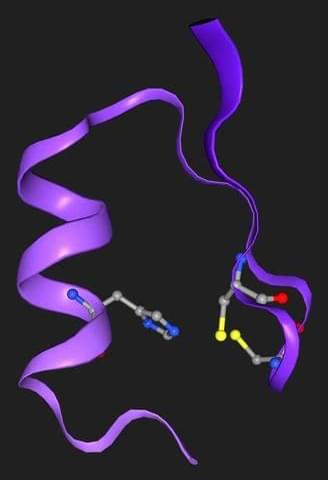
Protein prediction involves analyzing the amino acid sequence of a protein to determine its biological roles. Accurately predicting a protein’s provides valuable insights, allowing scientists to identify the roles of newly discovered proteins, search for proteins suited for specific tasks, or evaluate theality of computer-designed proteins.
Copilot provides an AI chat platform offering no-install, no-code, real-time access to advanced protein prediction tools, enabling researchers to efficiently analyze and explores using a single text prompt.
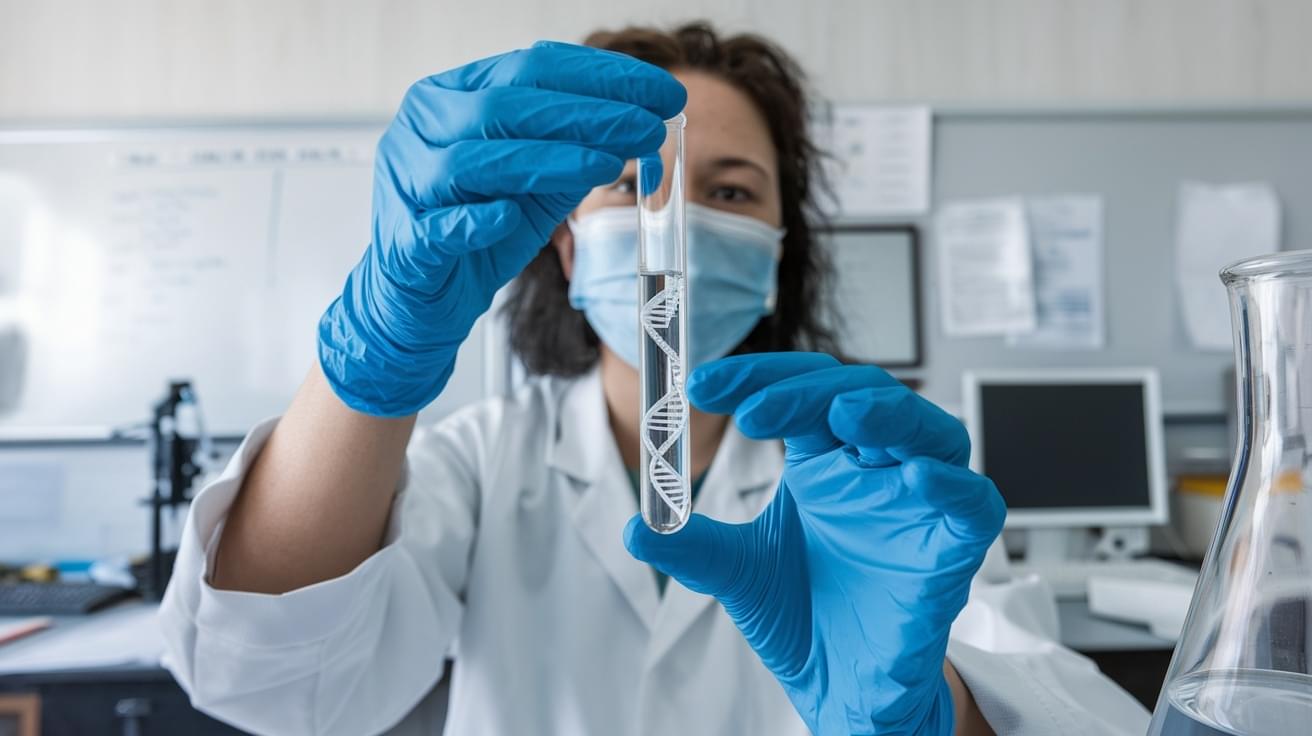
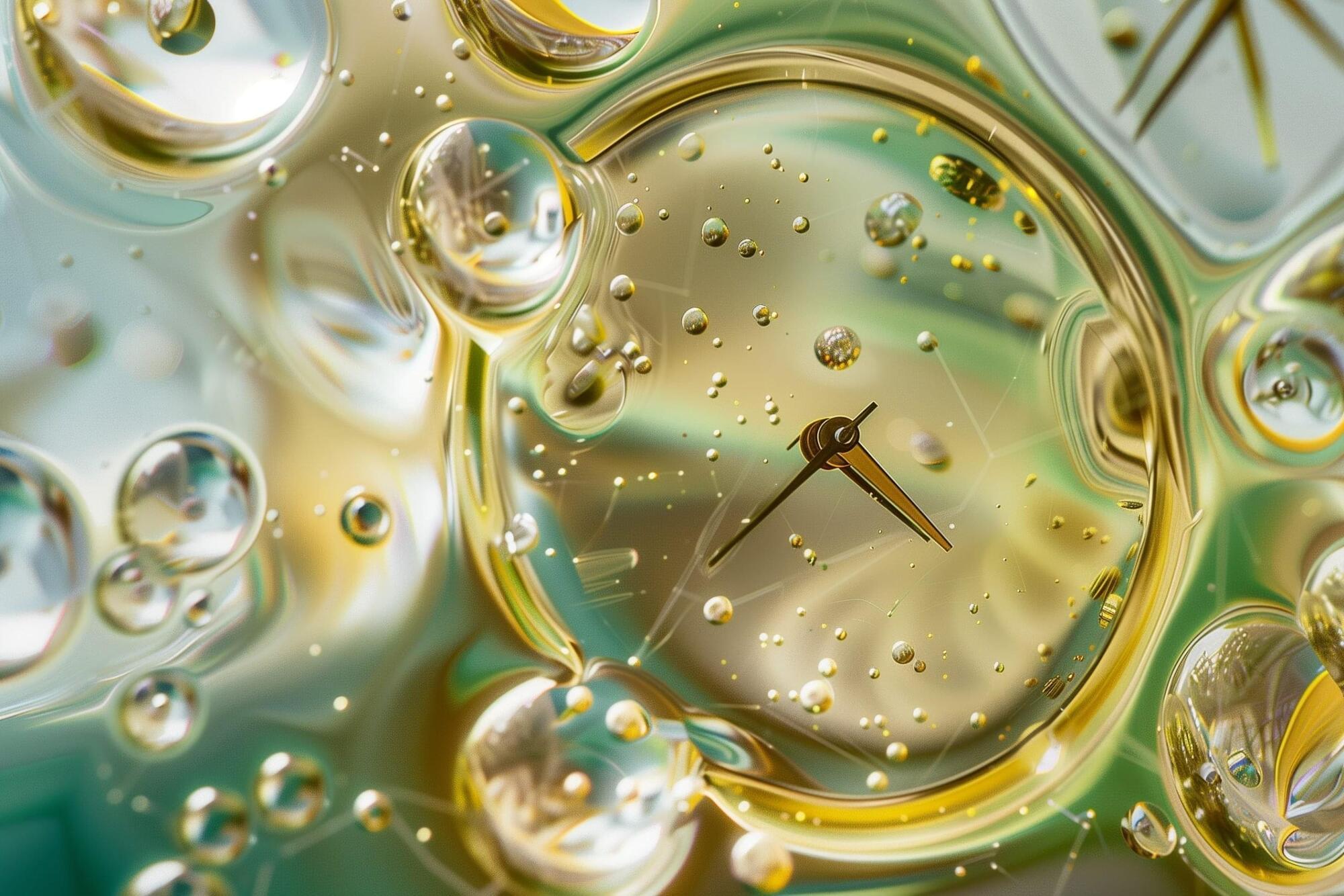
Many foods are marketed for their antioxidant benefits, which help neutralize reactive oxygen species.
A species is a group of living organisms that share a set of common characteristics and are able to breed and produce fertile offspring. The concept of a species is important in biology as it is used to classify and organize the diversity of life. There are different ways to define a species, but the most widely accepted one is the biological species concept, which defines a species as a group of organisms that can interbreed and produce viable offspring in nature. This definition is widely used in evolutionary biology and ecology to identify and classify living organisms.
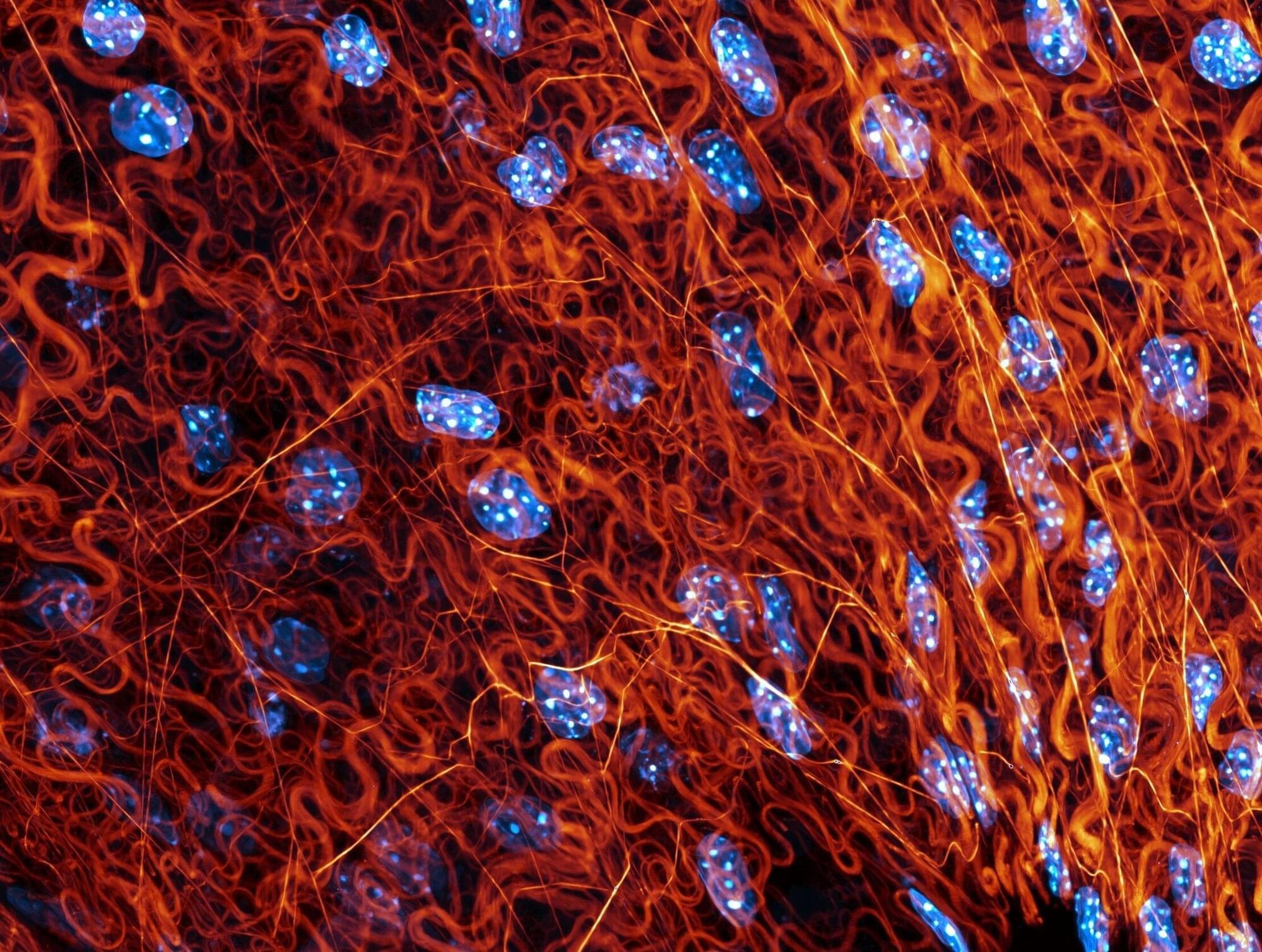
Before arriving at Janelia three years ago, Postdoctoral Scientist Antonio Fiore was designing and building optical instruments like microscopes and spectrometers. Fiore, a physicist by training, came to the Pedram Lab to try something new.
“I focused on the physics rather than investing in the biological applications of the optics I was developing,” Fiore says. “I came to the Pedram Lab in search of a different kind of impact, joining a team that explores areas of biology that need new tools, while keeping a connection to light microscopy.”
So far, Fiore’s new direction is paying off.
We’ve talked a lot about reversing aging and immortality through AI but does it REALLY POSSIBLE? Ray Kurzweil believes we can achieve immortality by 2029, and Bryan Johnson is already using AI to slow his biological age. Is this the future of human longevity?
Chapters:
Intro 0:00 — 1:09
Can We Stop Aging? 1:10 — 2:21
AI Could Reverse Aging Process 2:22 — 2:52
Blueprint Project 2:53 — 5:30
Longevity Escape Velocity 5:31 — 6:57
Scary Consequences 6:58 — 7:43
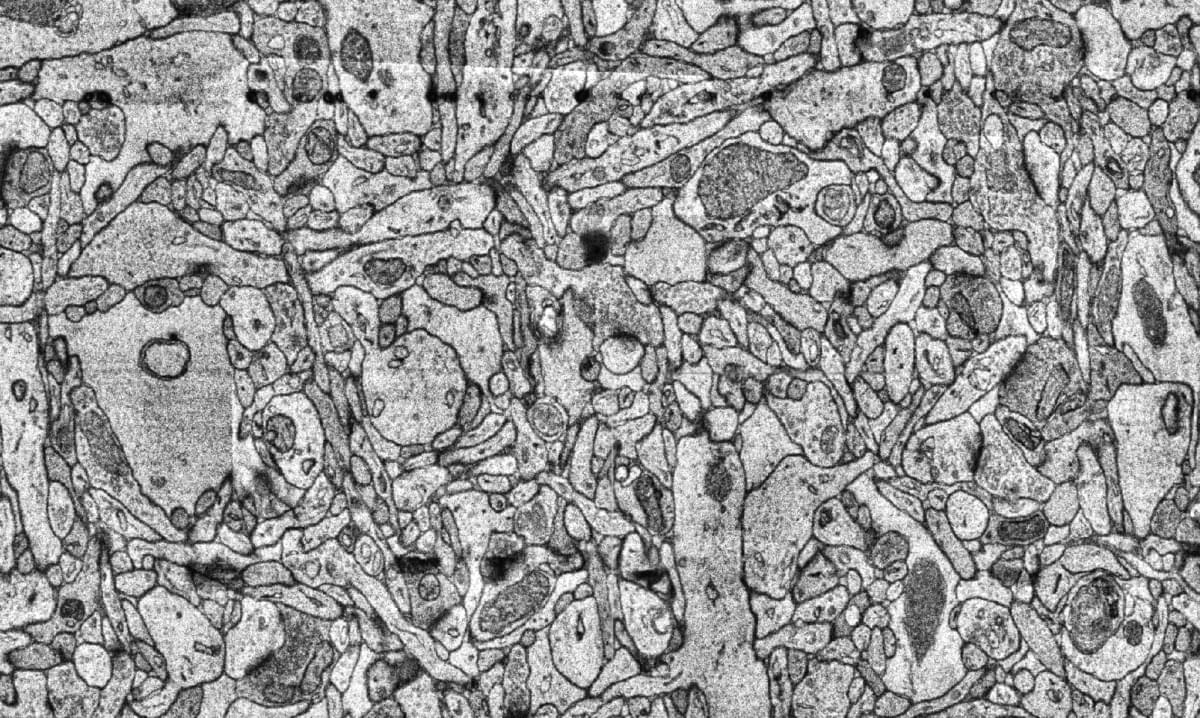
I presented these slides (PDF and images below) during the Workshop on Philosophy and Ethics of Brain Emulation (January 28th-29th, 2025) at the Mimir Center for Long Term Futures Research in Stockholm, Sweden. In my talk, I explored how various biological phenomena beyond standard neuronal electrophysiology may exert noticeable effects on the computations underlying subjective experiences. I emphasized the importance of the large range of timescales that such phenomena operate over (milliseconds to years). If we are to create emulations which think and feel like human beings, we must carefully consider the numerous tunable regulatory mechanisms the brain uses to enhance the complexity of its computational repertoire.
Evolution is traditionally associated with a process of increasing complexity and gaining new genes. However, the explosion of the genomic era shows that gene loss and simplification is a much more frequent process in the evolution of species than previously thought, and may favor new biological adaptations that facilitate the survival of living organisms.
This evolutionary driver, which seems counter-intuitive—” less is more” in genetic terms—now reveals a surprising dimension that responds to the new evolutionary concept of “less, but more,” i.e., the phenomenon of massive gene losses followed by large expansions through gene duplications.
This is one of the main conclusions of an article published in the journal Molecular Biology and Evolution, led by a team from the Genetics Section of the Faculty of Biology and the Institute for Research on Biodiversity (IRBio) of the University of Barcelona, in which teams from the Okinawa Institute of Science and Technology (OIST) have also participated.